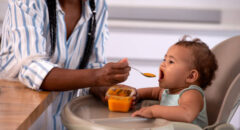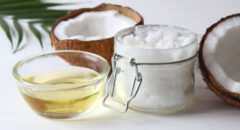
What are the best foods to eat when you’re breastfeeding?
It should come as no surprise that one of the best things you can do for yourself and your baby is to eat nutrient-rich foods at regular intervals throughout the day.
Eat the following foods for a healthier body, and a healthier baby:
LIKE BDO On Facebook! Get Your Daily Medicine…For Life!






